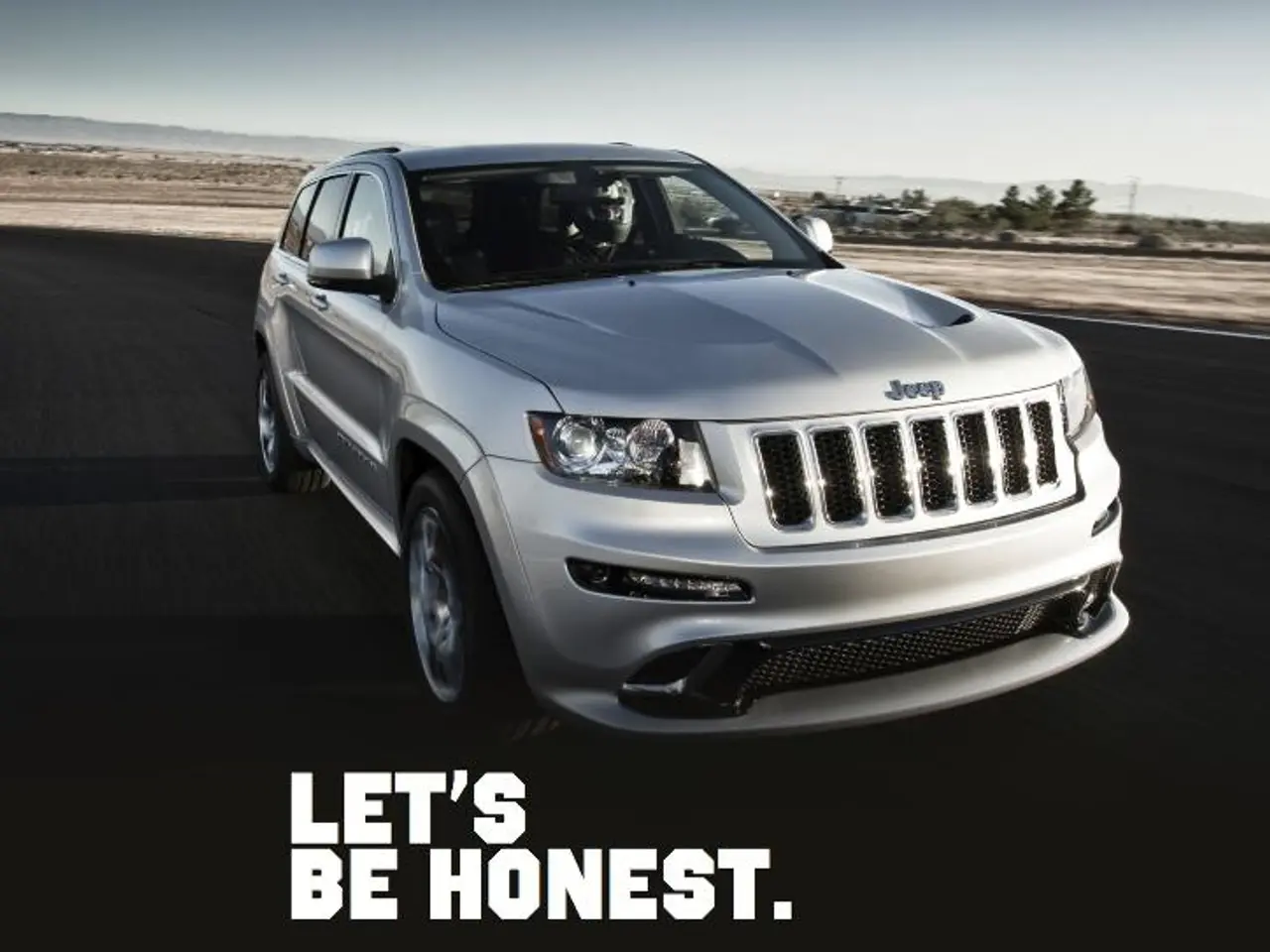Considering Vehicle Purchase: Old versus New Cars
When it comes to the cost-effectiveness of buying a new car versus a used car, several key factors come into play. These include the purchase price, depreciation, maintenance and repair costs, insurance expenses, reliability, and financing terms.
Purchase Price
New cars generally have a higher initial cost compared to used cars. For instance, the average new car price in 2022 was around $46,000, while used cars averaged above $28,000. This higher upfront cost affects the overall long-term cost-effectiveness.
Depreciation
New cars lose value rapidly, with about 40% depreciation within the first year. Used cars, particularly those a couple of years old, have already absorbed this steep drop, so they depreciate more slowly, preserving value better over time.
Maintenance and Repair Costs
New cars typically have lower maintenance costs during the warranty period and are less likely to require unexpected repairs. However, after the warranty expires, repair costs on new cars can be higher. Used cars may have a higher risk of mechanical issues and require more upkeep overall, potentially increasing expenses.
Insurance Costs
Insurance for new cars is generally more expensive because the replacement or repair costs are higher. Used cars, on the other hand, are cheaper to insure, contributing to lower ongoing expenses.
Reliability and Warranty
New cars come with full factory warranties and tend to be more reliable, leading to fewer problems in the short to medium term. Certified pre-owned (CPO) vehicles offer a middle ground, with some warranty coverage and reduced likelihood of problems compared to older used cars.
Financing Costs
Interest rates for new car loans are usually lower than for used car loans (around 6.73% vs 11.87%), and manufacturers often offer subsidized financing or 0% deals on new cars, which can improve affordability and long-term value.
Additional Fees and Taxes
New cars often come with higher taxes, title fees, and hidden dealership fees, raising upfront costs further compared to used cars.
In conclusion, used cars often offer better long-term cost-effectiveness due to lower purchase price, slower depreciation, and cheaper insurance. However, they may require more maintenance and carry reliability risks depending on age and condition. New cars offer advantages in reliability, warranty protection, and potentially lower financing costs but come with faster depreciation, higher purchase price, and insurance. Certified pre-owned vehicles can provide a compromise between these factors.
[1] Edmunds.com (2022). New Car vs Used Car: Which is Cheaper? [Online]. Available: https://www.edmunds.com/car-buying/new-vs-used-car/
[2] Consumer Reports (2022). New vs. Used: Which Car Should You Buy? [Online]. Available: https://www.consumerreports.org/car-buying/new-vs-used-car/
[3] Kelley Blue Book (2022). New vs. Used Cars: Which is Better? [Online]. Available: https://www.kbb.com/car-news/new-cars/new-vs-used-cars/2200004094/
[4] Forbes Advisor (2022). New vs. Used Cars: Which is Better? [Online]. Available: https://www.forbes.com/advisor/car-insurance/new-vs-used-cars/
[5] Bankrate (2022). New Car Loans vs Used Car Loans: Which is Better? [Online]. Available: https://www.bankrate.com/auto/car-loans/new-car-loans-vs-used-car-loans/
- When considering personal-finance aspects of owning a car, it's essential to weigh the technology advancements in new cars against the lifestyle benefits of lower purchase prices and slower depreciation rates associated with used cars.
- In the realm of finance and lifestyle, one may question whether investing in a new car with cutting-edge technology or choosing a reliable, cost-effective used car better aligns with their personal-finance goals and lifestyle preferences.




